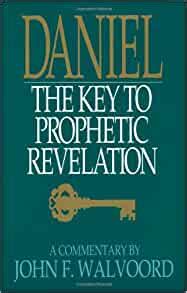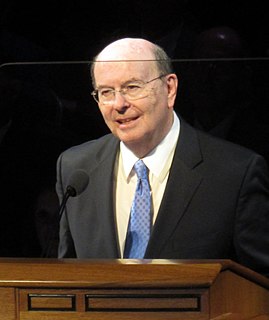A Quote by Ambrose Bierce
REDEMPTION, n. Deliverance of sinners from the penalty of their sin, through their murder of the deity against whom they sinned . . . . whoso believeth in it shall not perish, but have everlasting life in which to try to understand it.
Related Quotes
Redemption, n. Deliverance of sinners from the penalty of their sin through their murder of the deity against whom they sinned. The doctrine of Redemption is the fundamental mystery of our holy religions, and whoso believeth in it shall not perish, but have everlasting life in which to try to understand it.
Given the sin of impiety through which they [the Romans] sinned against the divine nature [by idolatry], the punishment that led them to sin against their own nature followed.... I say, therefore, that since they changed into lies [by idolatry] the truth about God, He brought them to ignominious passions, that is, to sins against nature; not that God led them to evil, but only that he abandoned them to evil.
Our own theory is that sin was ordained only in view of redemption, and that accordingly redemption shows forth as the gain bound up with sin; in comparison with which there can be no question whatever of mischief due to sin, for the merely gradual and imperfect unfolding of the power of the God-consciousness is one of the necessary conditions of the human stage of existence.
God has decided the rules of life, whereby you don't trespass on anybody else's rights, and sin is something that upsets the balance of things. There are three types of sin: sin against yourself; sin against other people; and sin against God. People often sin against themselves and others and misbehave with God, too.
The magnitude of the punishment matches the magnitude of the sin. Now a sin that is against God is infinite; the higher the person against whom it is committed, the graver the sin-it is more criminal to strike a head of state than a private citizen-and God is of infinite greatness. Therefore an infinite punishment is deserved for a sin committed against Him.
































